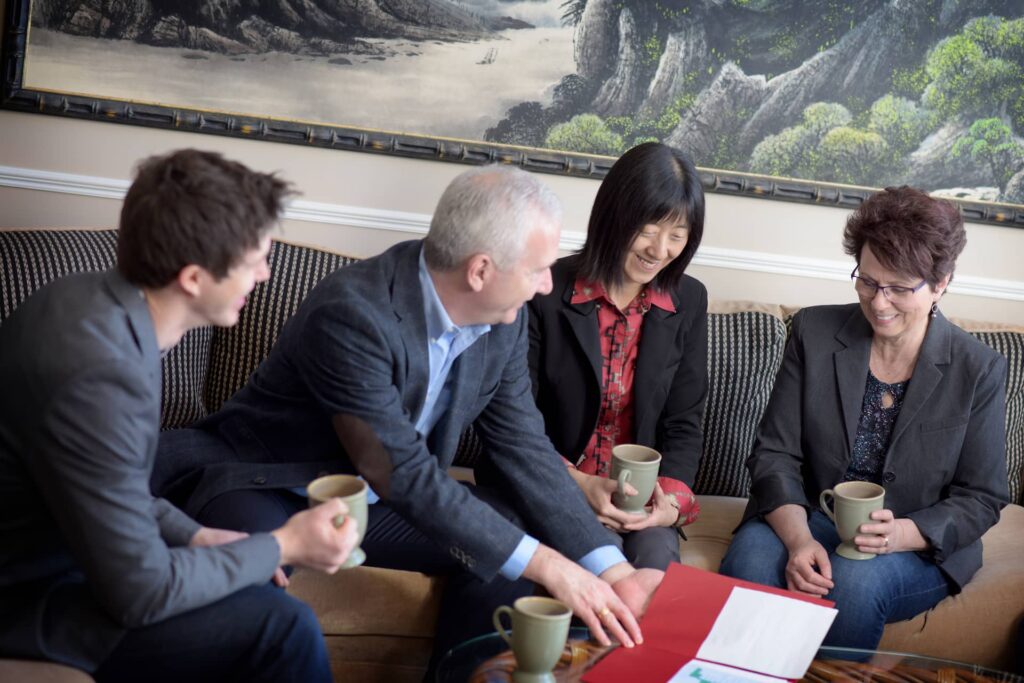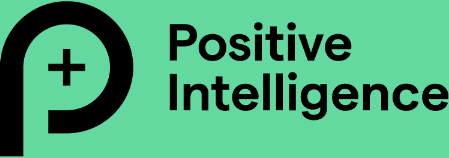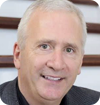We are live in a time with many unplanned distractions (COVID-19, isolation, negative news, markets swirling…) competing for our attention, some even of our own doing. The book ‘Essentialism’ offers a refreshing antidote to staying grounded and committed to what is most important. The Author, Greg McKeown, purveys that becoming an Essentialist is not easy, but the potential benefits to one’s life are overwhelming. When we live our lives according to what is most essential, we begin living a life rich with meaning and personal fulfillment. This brief book summary gets at the essentials and how of to focus on the most important things in our lives. Enjoy the ‘new you’ that emerges from reading this.
This refreshing read by Greg McKeown explores the concept and application of Essentialism. This philosophy consists of eliminating trivial distractions in life in order to focus on what is most important. Described as the “disciplined pursuit of less”, Essentialism challenges its readers to identify what is truly essential in their life as well as provide practical steps to explore one’s options, eliminate non-essential activities and execute on what is most important.
In today’s world, we are presented with an increasingly large number of career paths, leisure activities, and requests from our peers. Each of these options and opportunities compete for our time and energy each day. Unfortunately, not all tasks are equal and certain efforts produce far greater results than others. If we do not take personal responsibility to choose where to invest our time and energy, this decision will be made for us, often to our detriment. The author argues that most activities in life are nonessential and should be eliminated to make space for the essential few worth pursuing. Exploring our options to identify the essential few among the trivial many is the first step becoming an Essentialist.
3 Essential Activities
Sleep: Protect the Asset
While many things in life can be deemed nonessential there are a few items that should always be prioritized. Sleep is one such essential activity. Protect your sleep and make sure to get at least 6-8 hours each night. Study after study reinforce the fact that sleep plays an essential role in our daily focus, productivity, and long-term health. Resist the urge to trade sleep for a few extra hours in the office or worse on your phone scrolling through social media at night.
Play: The Wisdom of Your Inner Child
Secondly, make time for some form of creative play. Play is one of the keyways animals learn and develop overtime. During periods of play, the stress hormone Cortisol decreases, while creativity levels increase. Schedule time in your day or week to engage in your own form of play. This could be sports, social dancing, or taking part in a game with your children.
Deep Thought: Reflect and Explore Your Options
Finally, prioritize time for uninterrupted thought and review. In order to discover what activities are essential, you must have the time and space to think deeply and explore various options. Carve out a time each day (ideally the morning) for uninterrupted thought and reflection. Use this time to explore what tasks are most essential and what steps you need to eliminate distractions. Record your thoughts, reflects or insights in your own personal Journal.
Evaluating Opportunities Using Selective Criteria
The more we find success in our fields of work the more opportunities will inevitability be presented to us. When considering a new opportunity use selective criteria to decide if the option should be accepted or rejected. First, write down the opportunity and a list of three minimum criteria it must pass in order to be considered. If the opportunity does not pass each one then throw it away. Next, write down a new set of thee extreme/ideal criteria in order to be considered. If the opportunity does not pass at least 2/3 throw it away. Another way to evaluate options is to list your criteria and score each option from 0-100. If the score is less than 90% throw it away. Using these strategies to evaluate our options will ensure that our time and energy are invested in the areas with the most impact and personal meaning.
Achieve Clarity
The first step to eliminating the trivial is having clarity in your purpose and intent. Having this clarity will make it easier to identify and eliminate the nonessential. Achieve clarity in your personal and professional life by crafting a Statement of Purpose for yourself, business, or team. This statement should be both inspiring and measurable. It should involve a concrete objective that allows you to know when you have succeeded. Once this statement is created eliminate tasks, requests, and opportunities that do not clearly align with its essential intent/purpose.
Say “No” More Often
Eliminating the nonessential means saying no to requests from coworkers, friends, and family that are not vital in order to say yes to what is most important. Saying no (especially to those we respect most) can often be difficult given social pressures and the desire to be liked. Master the habit of saying no at the right time by separating the decision from the relationship itself.
Saying no means trading short term popularity for long term respect. The initial reaction from those you say no to may be disappointment or annoyance. However, these feelings will often subside over time and turn into respect for your personal boundaries. Denying requests does not always require a flat-out no. Use email bounce backs during scheduled periods of uninterrupted work, offer someone else who may be able to help or promise to check your calendar and get back to them later.
Know When To Uncommit
Learn to cut your losses and uncommit to things that are clearly not moving you towards your essential goals. The more we invest into a project or task the more we become committed to seeing it through to the end. This can remain the case even in situations where it becomes clear we are making the wrong decision. This phenomenon can be explained by something called the Sunk Cost Bias. This cognitive bias is the “tendency to continue to invest time, energy, or money into something we know is a losing proposition simply because we have already sunk a cost that cannot be recouped” (McKeown, 2014). This is why one may sit through a lousy movie because he/she already paid for the ticket or explain why someone might remain in a toxic relationship because they have already been together for so many years. Identify areas in which you are committed to a losing proposition and walk away from them gracefully.
Execute On What Is Essential
The final step of Essentialism is acting on the few tasks most worthy of our time and energy. The following are tips on how to approach these essential activities in our lives.
- Schedule the most difficult essential tasks as the first thing you do in the morning.
- Include a buffer to protect against unexpected obstacles by scheduling extra time to complete each essential task.
- Focus on small wins each day. Remain patient and positive in your progress.
- Design systems and routines throughout your day to support your commitment to essential tasks.
Cultivate Mindfulness
Implement the art of mindfulness to remain aware of what is most essential right now. We often get caught up in worrying about the future or needlessly dwelling on past events. This kind of thinking limits our ability to remain focused on what is most essential in our lives right now. One simple way to enter a mindful state is to become aware of your breathing. Close your eyes, consciously breathe in slowly, and silently ask yourself “What is the most important thing to do right now”. Continue to breathe and observe what answers arise in your mind. Commit to the answer that you resonate most with and proceed forward with a renewed sense of clarity.
Final Thoughts
We live in a world with unprecedented options and distractions that compete for our attention. Essentialism offers a refreshing antidote to stay grounded and committed to what is most important. Becoming an Essentialist is not easy, but the potential benefits to one’s life are overwhelming. When we live our lives according to what is most essential, we begin living a life rich with meaning and personal fulfillment. By doubling down our time and energy on what is most important our results with inevitably increase. Take your first step right now by pausing and asking, “what is the most important thing to do right now”.




